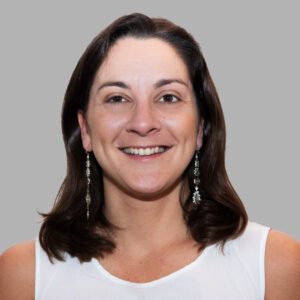The LTS Model drives a transformative model of learning that empowers students to develop voice, choice, and independence in their formative years of education, and enter their field of interest with a portfolio that proves their value and the confidence to claim it. We call this student Market-Ready™.
Using the LTS Model, students leverage their passions and interests to answer the only three questions that matter when they enter the marketplace as producers, not just consumers: Who are you? What can you do? How do you prove it?
Let’s immerse ourselves in the stages of the Learn to Start Model.
First, the four environments of Story, Failure, Relationship, and Mentorship. These represent the foundations of any LTS classroom. Knowing and accepting yourself and your story are the tools you will need to propel yourself into the world. Of equal importance is the ability to know and identify other people’s stories to become a person who can thoughtfully and genuinely empathize with the world. We must be prepared to fail if we expect to truly learn. To be a student of Learn to Start, you must welcome failure into your daily life as the best method by which to accomplish true success. You must learn how to collect and apply all the data from your failure as one of the most important aspects of building something that will ultimately succeed.
Building relationships and networks is a skill. People like doing business with people they like and respect. Without relationships at the core of your journey, it will not matter how skilled and talented you might be, you will not succeed if you do not build a life centered on relationship building. It is imperative that you seek out people in the world who have far more experience than you. They are highly effective in guiding and encouraging you as you pursue your goals but without necessarily providing you with all the answers. Great mentors realize that your journey must be your own. It is unique to you and no one can help you figure out the parts.
The second layer of the model is the Assessment of Core Skills. This is not in reference to a test or traditional academic assessment. It is a self-assessment. We want students to develop into people who can offer real value in the market, so they must be aware of their own development towards their goals.
The third layer of the model is the LEARN Stage. The LEARN stage is where students develop their expertise so that they can execute in the markets and reach their definition of success. This program is not content-based, meaning you will not be teaching what you think students should know. Instead, students will determine the knowledge they need to develop that best suits their interests and passions. They will become credible.
The fourth layer of the model is the DEVELOP stage. The purpose of the DEVELOP Stage is to go from concept to execution. It is focused on problem-solving. Identifying a problem worth solving, understanding the market that demands the solution, and iterating through failure points to find market fit and meet demand.
The fifth layer of the model is the BRAND Stage. The BRAND stage is focused on students developing their methods of communicating. The main question at the heart of the BRAND Stage is: Are you telling a consistent and compelling story? When people think of brands they think of name and logo, but branding is the art of making money by telling stories that improve decision quality for any stakeholder with whom we have a relationship.
The final layer of the model is START. START represents a level of market-readiness. It means that students are ready to put their portfolios into the market in order to claim value for themselves. They understand that their value will be evaluated by their ability to execute based on the metrics of sustainability, efficiency, and profitability.
The Learn to Start Model is a lifelong guide to the development of the self. If you put yourself into the model, where will you experience the most valuable development today?

LTS Director of Human Development
LEARN TO START
connect with us
Get in touch and ask us a question about any aspect of Learn to Start.
This site is protected by reCAPTCHA. The Google Privacy Policy and Terms of Service apply.
© Startup Studio LLC | All rights reserved | Legal Policies